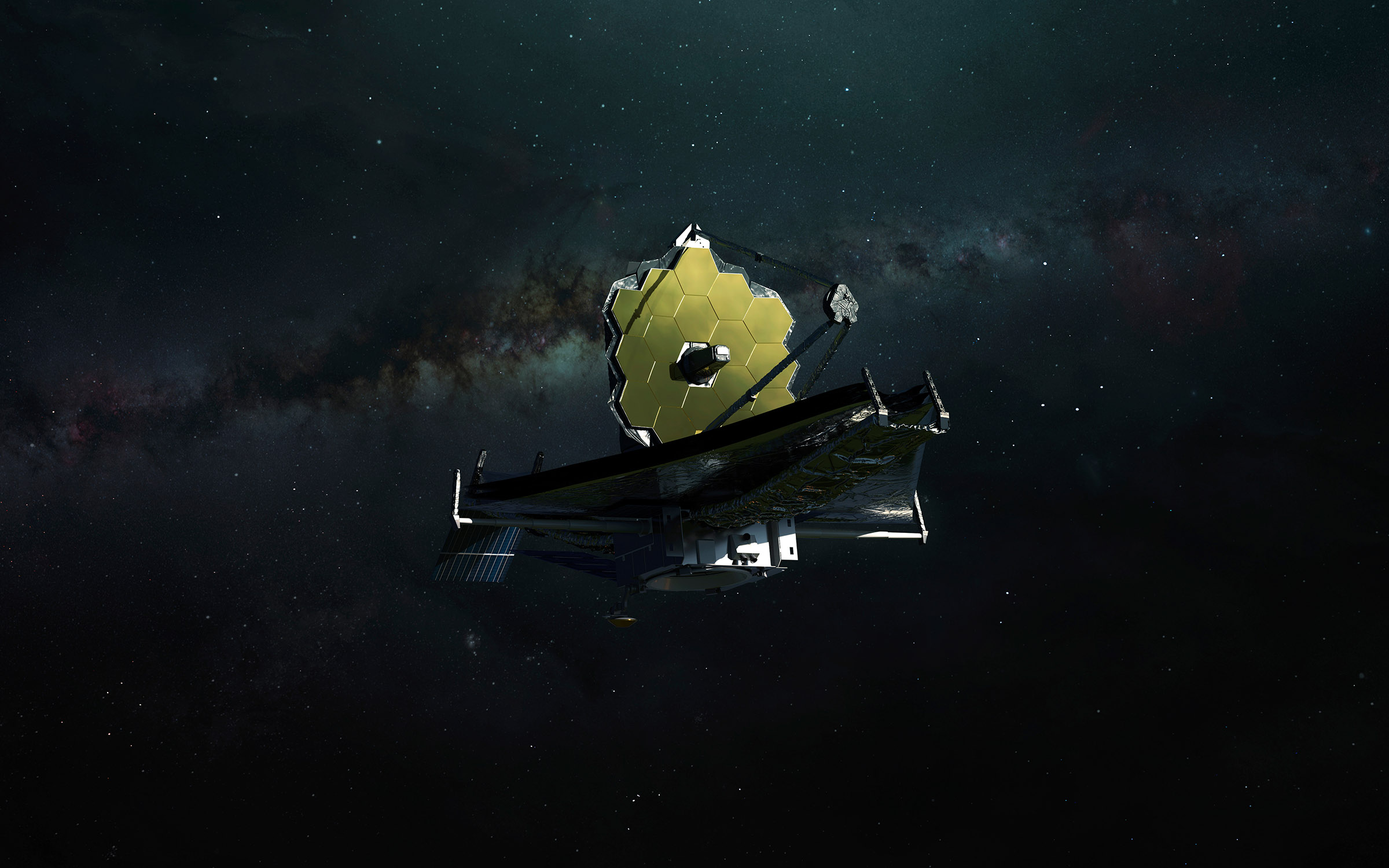James Webb’s observations continue to unravel the mysteries of our universe, but they also continue to baffle scientists, too. According to new research published in the journal Nature, Webb’s recent observations of a mysterious planet discovered in 2009 have finally helped us learn more about it, completely changing what astronomers thought about the planet.
Almost 50 light-years away, a small mini-Neptune planet, which is larger than our Earth, but smaller than any of the ice or gas giants found in our solar system, rests. This planet was discovered in 2009 and is known as GJ 1214b. While this planet has been a bit of a mystery, scientists do know that these so-called mini-Neptunes are some of the most common planets in the universe.
However, there aren’t any planets like this in our solar system. The belief here is that GJ 1214b is home to water. Whether that is liquid water, making it an ocean world, or just vapor water is unclear. However, recent Webb observations of this mysterious planet have helped scientists paint a better picture of what we’re working with.

First, this planet is extremely shiny when observed through space telescopes like James Webb. Second, when measuring the amount of heat coming off the planet, the researchers discovered it is not hydrogen-rich, and the planet is only 530 degrees Fahrenheit on its daylight side. That’s too hot for life, but still much colder than astronomers expected out of a planet of this class.
The big enigma here, though, is whether or not this mysterious planet is a masterclass of what the other planets in this group should be like. Are the rest of these mini-Neptunes colder than expected? Could they be home to water vapor and methane like this one, making them less like Neptune than originally believed? Those are questions that astronomers are hoping to answer as they dig deeper into this planet.
For now, though, Webb’s observations of this mysterious planet have at least helped us answer one question about it. It isn’t as hot as we expected and it could completely change how we view this class of planets going forward. This, of course, isn’t the first time Webb has challenged everything we thought we knew, and it probably won’t be the last.







